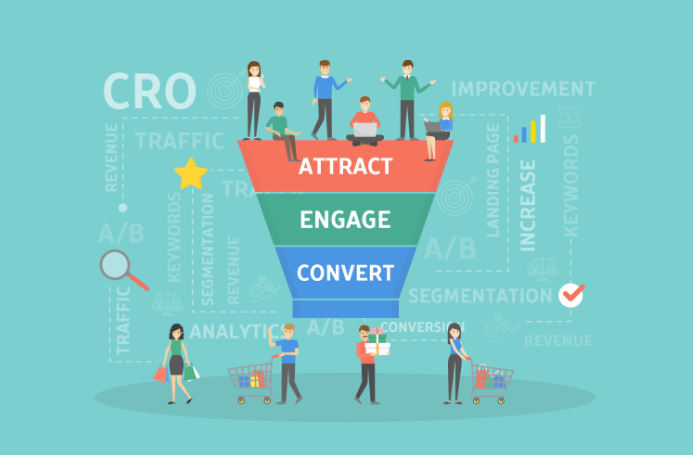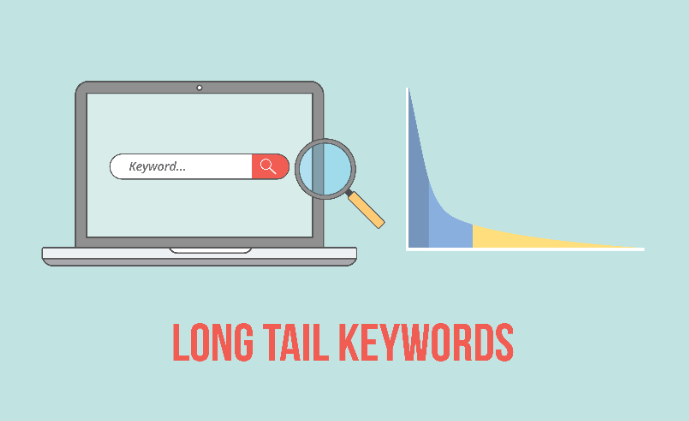Dynamic Search Ads (DSAs) have been a part of Google Ads since 2011, but only recently have become a truly formidable force in the digital advertiser’s arsenal.
If you’re unfamiliar with DSAs, they’re a neat piece of Google tech that scans selected pages of your website for content and then matches that content to incoming search queries. Ad headlines are automatically generated based on the landing page to match to the query, and all of the usual extensions and modifiers are available for optimisation (including automated bid strategies).
Traffic beyond the standard keyword set
Moving away from keyword-based campaigns can be scary for many PPC marketers. Without the ability to essentially “pre-screen” searches using keywords, one’s ads could hypothetically show up for anything! Especially when starting out, regular query analysis and negation is an absolute must, but thankfully, Google’s Natural Language processing has only improved over time, greatly increasing the reliability and accuracy of the queries your ads will fire upon.
For example, our finance client recently tested DSAs against an existing highly-targeted generic keyword set and found that the expanded reach and lower CPCs of the DSA campaign yielded a 43% drop in cost per loan application over a 3-month period! Regarding efficiency and conversions, DSA has already begun to show its potential across many accounts and industry verticals.
The great strength of DSA is its ability to generate traffic from queries outside your existing keyword lists, especially regarding long-tail queries. Searches that would previously have only been viable with the broadest of broad match keywords will come easy, and coupled with an effective auto-bidding strategy, these more obscure queries may become some of your most efficient traffic.
DSA campaigns will not be eligible for queries that have an exact match keyword in your account but bear in mind that this does not include exact match variants. For example, if you have the term “new hat” in your account but a user searches for “new hats”, this query will be eligible for both the keyword & DSA and will ultimately be triggered by the one with the higher quality score.
Leveraging site content & expanding the SEM funnel

So, you’ve fitted out your account with DSA campaigns targeting your existing PPC landing pages and maybe even a few category pages. Great! DSA is a good way to capture queries looking to convert due to their high precision. But DSA also makes a new strategy available across paid search, which takes advantage of existing site content and pushes the traditionally conversion-focused channel well into upper-funnel territory.
Any SEOer worth their salt will tell you the importance of a content strategy. Strong site content can increase organic rankings by increasing keyword relevancy and site reach (especially among long-tail keywords… sound familiar?). By combining your SEO tactics with DSA, you can drive cheap traffic to your content pages to greatly increase brand awareness and reach users who are looking for answers & information about the products or services you provide.
Blog content, in particular, can be a goldmine for DSA. If you offer car loans, for example, insightful articles about the best times of year to buy or common hazards of buying a used car can show people looking for similar information and introduce your brand to a potential customer at the first available opportunity.
Beyond brand awareness, content-driven DSA campaigns are also highly effective for creating or bolstering remarketing lists. Visitors landing on content pages can be added to remarketing lists across Google Ads, Google Analytics, social media, etc. and retargeted across other channels. If a user finishes an article, consider a pop-up to add them to an email list for similar content updates or offer them an offer to sign up. Just like that, your SEM strategy has begun to span the full breadth of the marketing funnel, finding users at the beginning of their research journey and maintaining contact with them all the way through to conversion.
Shifting optimisation approaches
The keyword has been at the centre of SEM optimisation, but DSA has turned this on its head. With the effectiveness of DSA determined not by keywords but by website content, a whole new set of skills will be required to utilise and optimise these campaigns fully. Reach and relevancy of your PPC campaigns will begin to hinge on how well Google can understand the purposes of your pages, meaning that site and content optimisation has become the new keyword optimisation.
Applying these optimisations will become crucial to staying ahead of the competition in the breadth of your reach and the suitability of potential queries.
While a lot of the proficiencies the average PPC marketer will still be in play (such as copy optimisation, bid strategies, account structure, etc.), skills more commonly associated with organic SEO and site design become much more valuable. For example, improving the specificity of heading tags, title tags, and meta descriptions will help optimise DSA ad copy. At the same time, knowledge of SEO tactics such as using HTML text instead of Javascript, using only one H1 at the top of the page, and correct usage of breadcrumbs and schemas where needed will ensure that Google is able to utilise the content of any given page to its maximum potential.
Recognising that site crawlability is now equally important across SEO & SEM; website developers can design site templates to ensure written content and technical features can be easily updated, optimised and tested to improve SEO ranking and DSA reach.
The Wagging Tail

You’ve likely heard the estimate that 15% to 20% of searches coming through Google have never been searched before – if this figure is anywhere close to true, then it pays to be ready for anything. The advantages of appearing for longer, unique searches are twofold.
The first and most obvious is that if the query is relevant, you capture a potential customer you otherwise wouldn’t be appearing for. The second is a lack of competition. If you’re showing ads for more obscure searches through DSA that your competitors haven’t been able to appear for, then not only does it increase your CTR by improving your relative real estate on the search results page, but it also lowers your CPC through lower pressure in the search auction. We’ve consistently seen lower CPCs from DSA campaigns compared to Generic search, which has offset any drop in conversion rates seen from a broader audience and improved overall cost-per-conversion efficiencies.
But the focus on long-tail isn’t just appropriate for the current state of search; it’s also key for future-proofing your accounts against the rising trends. With voice search becoming increasingly ubiquitous, marketers need to be ready to shift from short, sharp, written queries like “men’s suits” to high-character casual language searches like “Where can I buy suits near me?”. As query length and novelty grow, the role exact and even phrase match keywords play in your account will decline in favour of the ability of broad match keywords and DSA to track down additional prospects.
Written by
Luke Ashmore-Delaney





